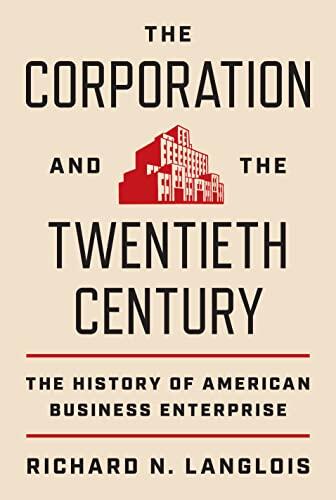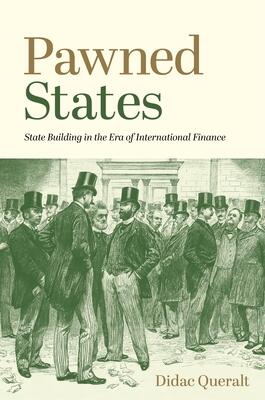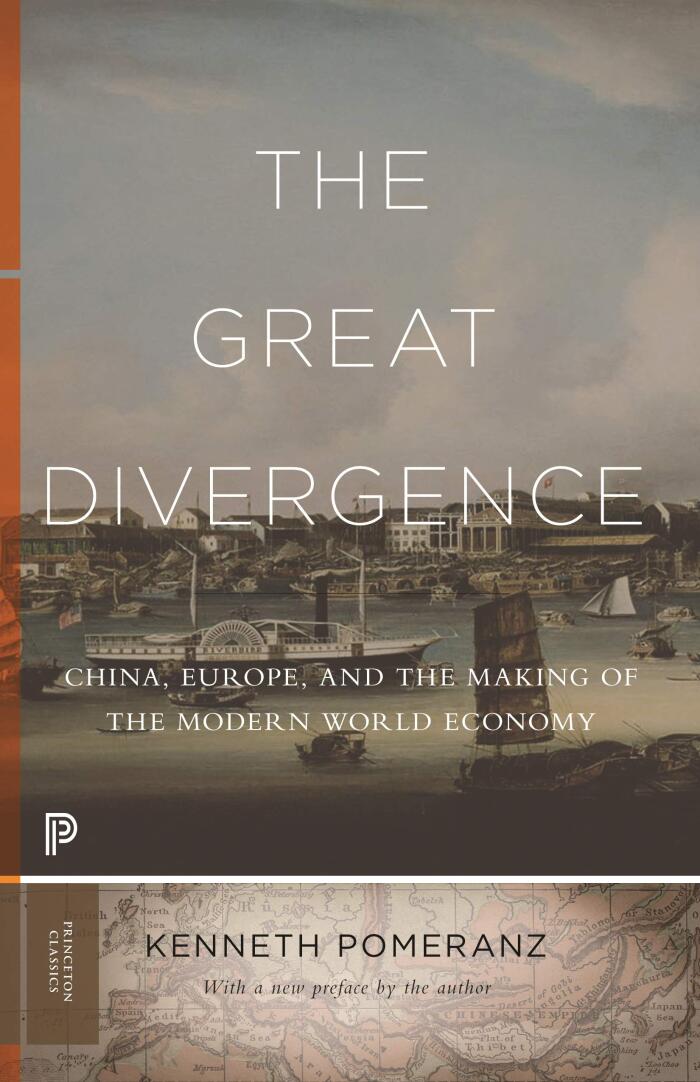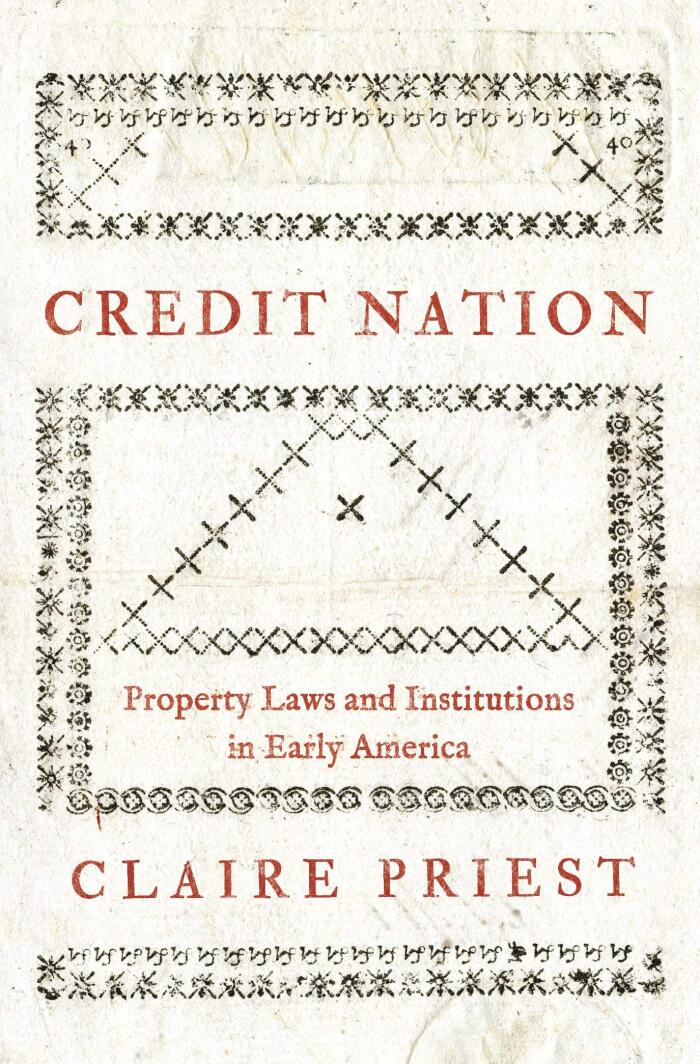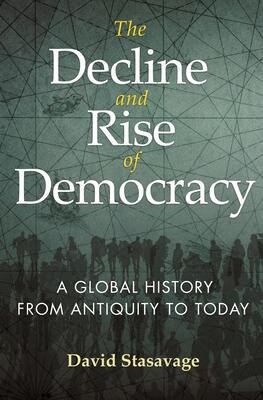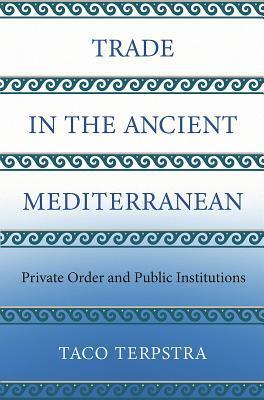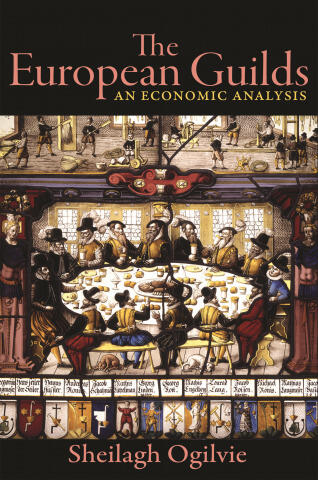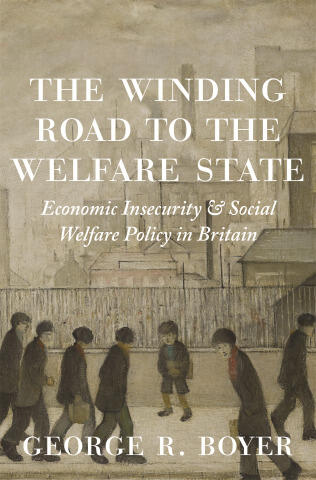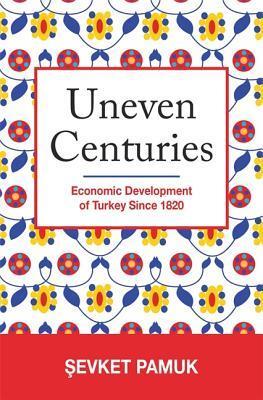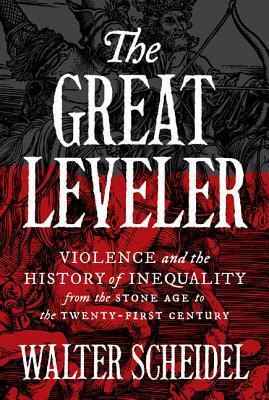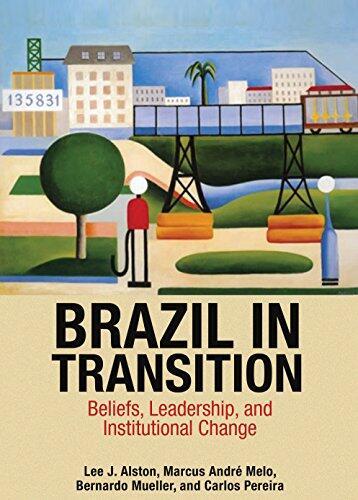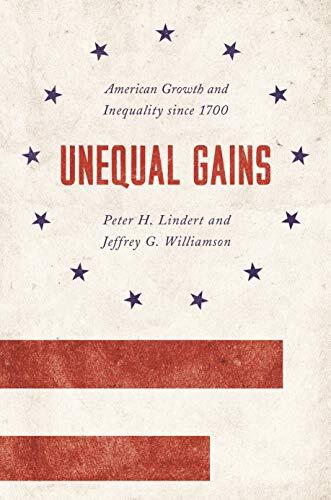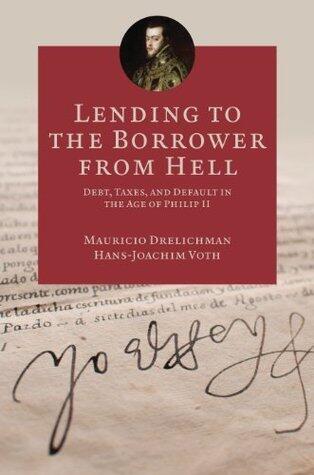
Lending to the Borrower from Hell: Debt, Taxes, and Default in the Age of Philip II
لا توجد تقييمات بعد
History
Business & Economics
تنسيق
غلاف صلب
صفحات
328
لغة
الإنجليزية
منشور
Jan 19, 2014
الناشر
Princeton University Press
رقم ISBN-10
0691151490
رقم ISBN-13
9780691151496
الوصف
Amidst the backdrop of a turbulent sixteenth-century Spain, the narrative dives into the complexities of sovereign debt through the experiences of King Philip II. Voth and Drelichman expertly unravel the financial chaos that characterized the monarch’s reign, providing a lens into the mechanisms of lending, borrowing, and default amidst political and economic turmoil.
Their exploration reveals how Philip II's pursuit of power led to radical fiscal policies that entangled the Spanish crown in a web of debt. The authors highlight the repercussions of these financial strategies, showcasing how they shaped not only the fate of Spain but also the broader dynamics of European finance at the time.
By drawing parallels to contemporary issues surrounding national debt and fiscal responsibility, the work resonates with modern readers. It prompts reflection on how history can inform current debates about credit, governmental obligations, and the delicate balance between economic ambition and the risk of financial ruin. The book serves as a compelling case study in the lifelong struggle between sovereign power and fiscal pragmatism.
Their exploration reveals how Philip II's pursuit of power led to radical fiscal policies that entangled the Spanish crown in a web of debt. The authors highlight the repercussions of these financial strategies, showcasing how they shaped not only the fate of Spain but also the broader dynamics of European finance at the time.
By drawing parallels to contemporary issues surrounding national debt and fiscal responsibility, the work resonates with modern readers. It prompts reflection on how history can inform current debates about credit, governmental obligations, and the delicate balance between economic ambition and the risk of financial ruin. The book serves as a compelling case study in the lifelong struggle between sovereign power and fiscal pragmatism.

